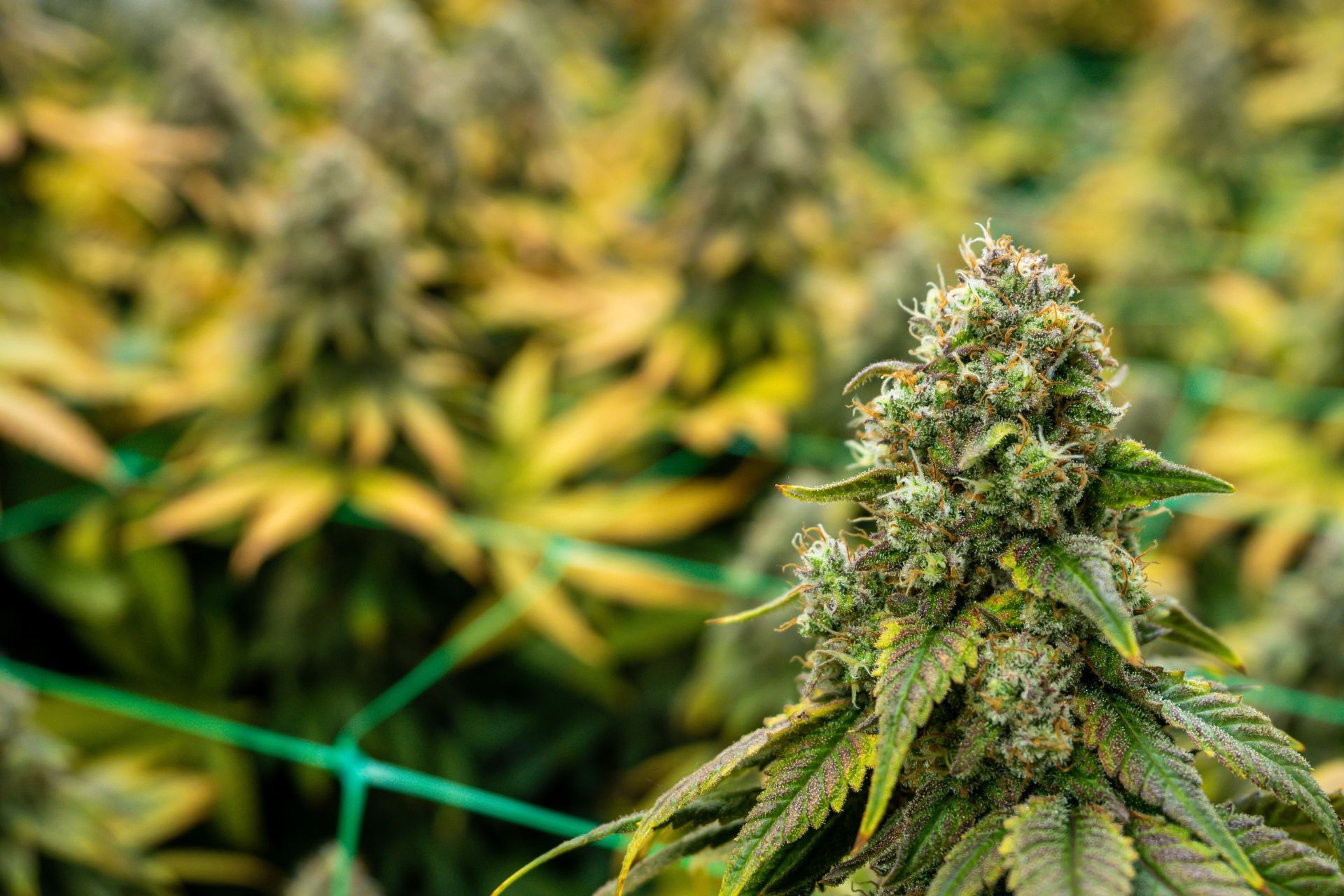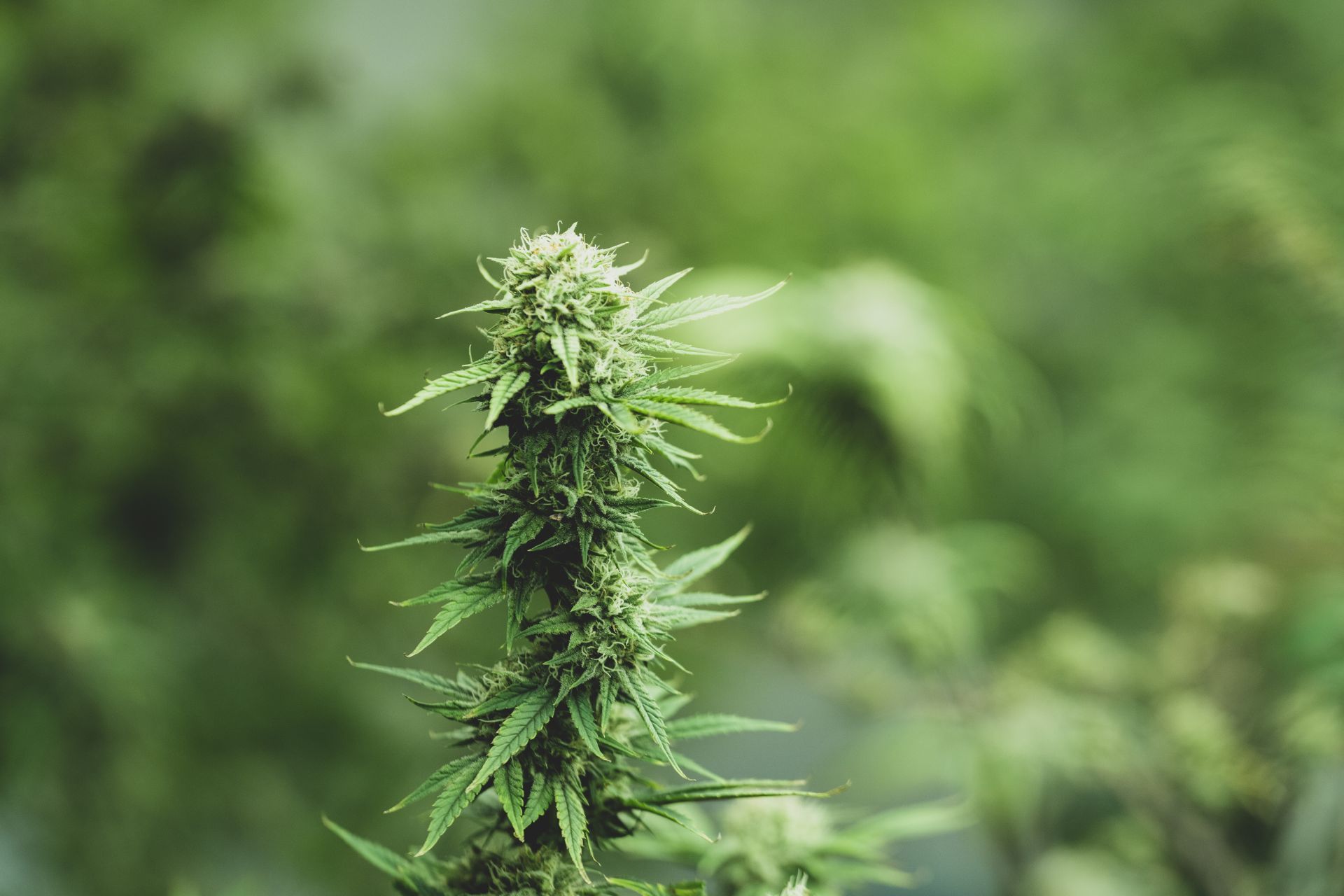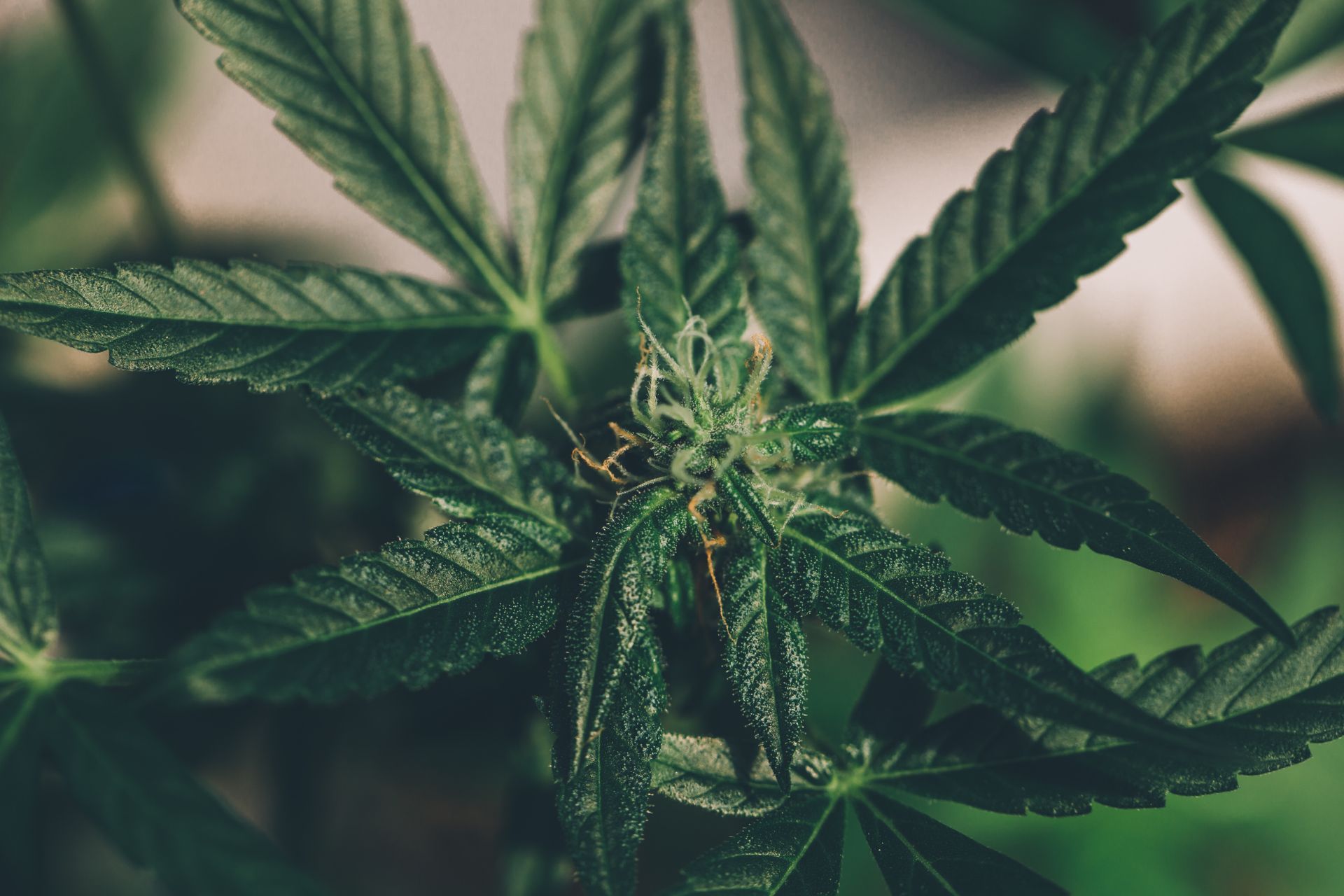How to Avoid Liability Issues in Cannabis Manufacturing
See How We're Different
or call us: (215) 653-8411
Understanding the Landscape of Cannabis Manufacturing Liabilities
Cannabis manufacturing encompasses a wide range of processes, from cultivation and extraction to packaging and distribution. Each stage presents unique risks that can lead to legal liability if not properly managed. Product contamination, mislabeling, and inaccurate dosing are among the top concerns driving consumer claims today. According to a 2025 report, these issues are increasingly prompting lawsuits and regulatory scrutiny, highlighting the importance of proactive quality control and compliance measures.
Moreover, the industry’s relative youth means that many operators lack comprehensive risk management frameworks. Chris Sullivan, commercial practice leader at Powers Insurance and Risk Management, warns that “the industry's lack of robust risk strategies around product liability could trigger financial catastrophe for operators large and small.” This underscores the necessity of integrating risk assessment and mitigation into every aspect of cannabis manufacturing to avoid costly legal repercussions.
In addition to product-related risks, regulatory compliance plays a critical role. The FDA’s intensified enforcement actions, such as the issuance of thirty-three warning letters to CBD companies in 2022—a nearly 400% increase from the previous year—demonstrate the agency’s focus on unsubstantiated health claims and misbranding. Staying abreast of evolving regulations and ensuring transparent, accurate product information is vital to maintaining consumer trust and avoiding penalties.
Furthermore, the complexity of cannabis laws varies significantly from state to state, which adds another layer of challenge for manufacturers operating across multiple jurisdictions. Each state may have its own set of regulations governing everything from cultivation practices to labeling requirements, making compliance a moving target. This patchwork of laws can lead to inadvertent violations, resulting in fines or even the revocation of licenses. Operators must invest in legal expertise to navigate these waters effectively, ensuring that they are not only compliant but also prepared for potential changes in legislation that could impact their operations.
Additionally, the rise of social media and online marketing has transformed how cannabis products are promoted, but it also raises new liability issues. Misleading advertisements or failure to disclose potential side effects can lead to consumer backlash and legal action. Companies must tread carefully in their marketing strategies, ensuring that all claims are substantiated and that they adhere to advertising guidelines set forth by regulatory bodies. Engaging with consumers transparently and responsibly can help mitigate risks associated with marketing while fostering a loyal customer base.
For more detailed insights on emerging liabilities, visit cannabisriskmanager.com.
Implementing Rigorous Quality Control and Testing Protocols
One of the most effective ways to mitigate liability in cannabis manufacturing is through stringent quality control and testing. Contamination with pesticides, heavy metals, or microbial agents can not only harm consumers but also expose manufacturers to significant legal claims. Establishing standardized testing procedures, ideally through third-party laboratories, helps ensure product safety and compliance with state and federal regulations. Regular audits of these laboratories can further enhance credibility, ensuring that they adhere to the highest standards of accuracy and reliability in testing methodologies.
Accurate dosing is another critical factor. Products with inconsistent cannabinoid concentrations can lead to adverse reactions or ineffective therapeutic outcomes, fueling consumer dissatisfaction and potential lawsuits. Implementing batch tracking and potency verification systems can reduce these risks substantially. Additionally, investing in advanced analytical technologies, such as high-performance liquid chromatography (HPLC), can provide more precise measurements of cannabinoid profiles, enabling manufacturers to deliver consistent and reliable products to their customers.
Furthermore, mislabeling remains a persistent liability issue. A 2025 report by Stark & Stark PC highlights personal injury risks and consumer protection lawsuits stemming from mislabeling, testing fraud, and potency inflation. Transparent labeling that clearly communicates ingredient content, dosage instructions, and potential side effects is essential for protecting consumers and limiting manufacturer exposure. Engaging in consumer education initiatives can also empower users to make informed choices, thereby fostering trust and loyalty towards the brand.
Manufacturers should also stay informed about FDA guidance and enforcement trends, especially concerning health claims. The surge in warning letters to CBD companies in 2022 serves as a cautionary tale about the dangers of making unverified therapeutic assertions. Keeping abreast of evolving regulations not only aids in compliance but also positions manufacturers as responsible industry leaders. Participating in industry forums and collaborating with regulatory bodies can provide valuable insights into best practices and emerging standards, ultimately enhancing the overall integrity of the cannabis market.
Leveraging Technology for Enhanced Traceability and Risk Management
Advanced technologies are becoming indispensable tools for managing liability risks in cannabis manufacturing. Blockchain, for example, offers a secure and transparent way to track products through every stage of the supply chain. A 2020 study demonstrated the potential of a blockchain-enabled IoT platform to improve process tracking, scalability, interoperability, and risk management within the industrial hemp supply chain.
Such digital solutions enable manufacturers to maintain detailed records of cultivation, extraction, testing, and distribution, which can be invaluable during product recalls or liability investigations. Additionally, simulation-based digital twins have been proposed to support process learning and risk management by modeling the hemp supply chain in real time, allowing operators to identify vulnerabilities before they escalate into costly issues.
By integrating these technologies, cannabis manufacturers can enhance their operational transparency and responsiveness, thereby reducing the likelihood of liability claims and regulatory penalties. The ability to trace a product's journey from seed to shelf not only builds consumer trust but also fosters compliance with increasingly stringent regulations in the cannabis industry. As consumers become more educated about product sourcing and safety, the demand for transparency will only grow, making these technological advancements not just beneficial, but essential for survival in a competitive market.
Moreover, the implementation of machine learning algorithms can further augment risk management strategies by analyzing vast amounts of data to predict potential failures or compliance issues. These algorithms can sift through historical data to identify patterns that may indicate a risk, allowing manufacturers to proactively address concerns before they manifest. This predictive capability can significantly reduce downtime and enhance overall operational efficiency, ensuring that businesses remain agile in a rapidly evolving landscape. As the cannabis industry continues to mature, the integration of such advanced technologies will likely set apart the leaders from the laggards, driving innovation and sustainability across the sector.
Explore the innovative applications of blockchain in hemp supply chain management at arxiv.org.
Developing Comprehensive Insurance and Risk Mitigation Strategies
Insurance plays a pivotal role in safeguarding cannabis manufacturers from the financial fallout of liability claims. However, the unique risks faced by this industry require tailored coverage solutions. According to an analysis by Amwins, cannabis manufacturers confront a spectrum of risks including property loss, legal liability, workplace safety, and regulatory compliance challenges.
Comprehensive risk management should encompass not only insurance but also proactive safety protocols, employee training, and legal compliance audits. Regularly reviewing insurance policies to ensure they address emerging risks is crucial, especially as the regulatory landscape evolves and new liabilities emerge.
Engaging with specialized insurance providers who understand the cannabis sector can help manufacturers secure appropriate coverage and risk advisory services. This approach mitigates financial exposure and supports business continuity in the face of unforeseen incidents.
Furthermore, cannabis manufacturers must also consider the implications of supply chain disruptions, which can arise from various factors such as natural disasters, transportation issues, or even changes in legislation. Establishing robust supply chain risk management strategies, including diversifying suppliers and maintaining adequate inventory levels, can significantly reduce the impact of these disruptions. Additionally, manufacturers should implement contingency plans that outline clear steps to take in the event of a crisis, ensuring that operations can resume quickly and efficiently.
Another critical aspect of risk mitigation involves fostering a culture of safety and compliance within the organization. This can be achieved through regular training sessions that keep employees informed about best practices in handling cannabis products and adhering to safety regulations. By empowering staff with knowledge and resources, manufacturers can not only reduce the likelihood of accidents but also enhance their overall operational resilience. In this rapidly changing industry, staying ahead of potential risks is not just a strategy for survival; it’s a pathway to sustainable growth and success.
Fostering Consumer Trust Through Transparency and Education
Learn more about the role of consumption lounges in advancing equity and access at
thecannabisindustry.org.
Conclusion: Proactive Measures Are Key to Navigating Liability Risks

Article By: Deb Sculli
Cannabis Insurance Specialist




